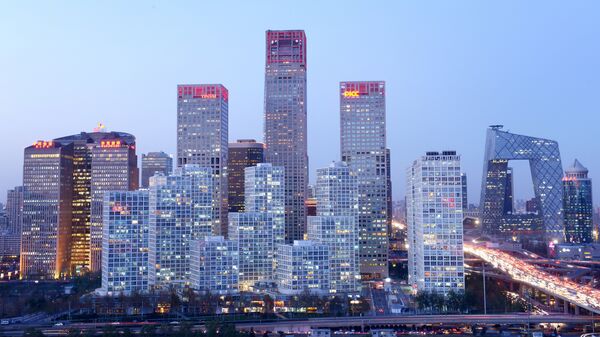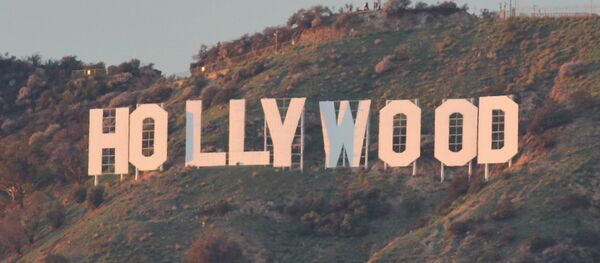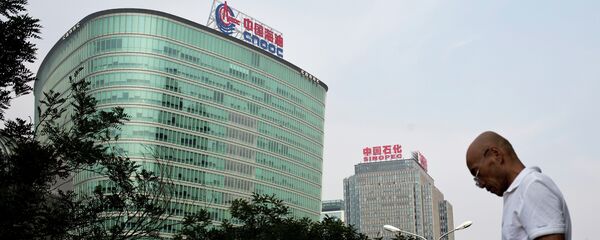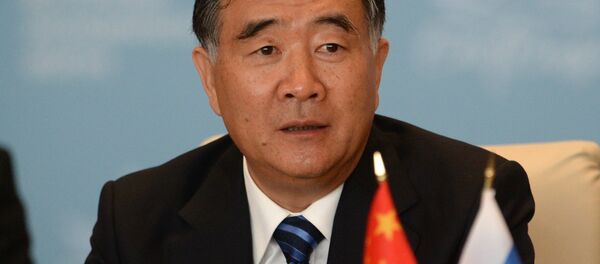While China has invested to the real economy and is building up its gold reserves, the US still relies on printing dollars and creating new market bubbles, an article on Zhournalistskaya Pravda read.
Recently, China National Chemical Corporation (also referred to as ChemChina) agreed to the acquisition of Germany’s KraussMaffei Group. The deal is expected to be the biggest Chinese investment project to Germany. It would allow for increasing production in the plastics industry as well as give China access to new manufacturing experience and technologies.
It is the largest state-owned chemical corporation in China and is one of the most active companies investing abroad. It manufactures agricultural chemicals, rubber products, chemicals for industrial production and the oil-refining industry. The company employs 140,000 people, including 45,000 working in its subsidiaries abroad.
KraussMaffei Group is one of the world’s leaders in manufacturing machines for producing and recycling plastics. Its headquarters is located in Munich.
The company employs nearly 4,000 people around the world.
To cut a long story short, for nearly $1 billion China has purchased a very valuable company, in terms of its R&D portfolio, the article read.
Meanwhile in the US, Terra Tech Corp, a cannabis-focused agriculture company, announced its acquisition of California-based Blum Oakland dispensary on Tuesday. The deal marked the first time a fully integrated company that is directly involved with the production, extraction and sale of cannabis can be publicly traded, MarketWatch reported.
Terra Tech sells its products in 800 stores across the US. Blum Oakland brought in nearly $15 million in revenue in 2015. It has about 50,000 registered patients and sees nearly 1,000 patients a day.
Though marijuana is federally illegal, medical marijuana has been legalized in 23 states and recreational cannabis has been legalized in four states (Colorado, Alaska, Oregon, and Washington) and the District of Columbia.
According to estimates, the legal marijuana market could reach $8 billion by 2018.





